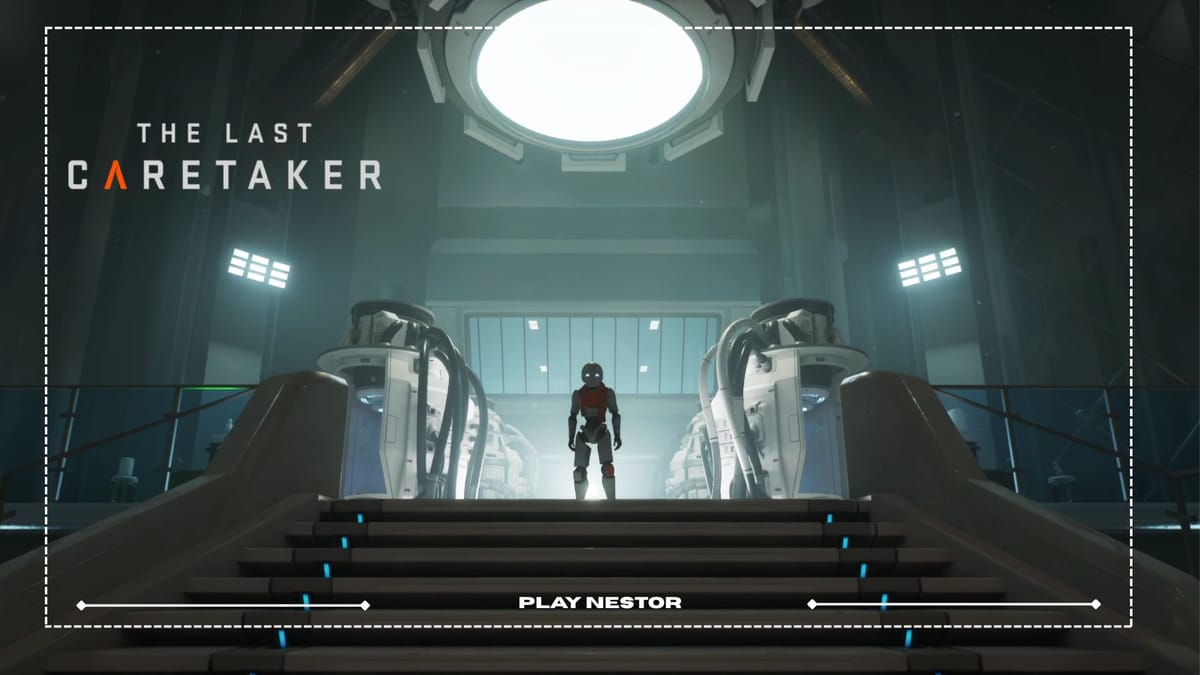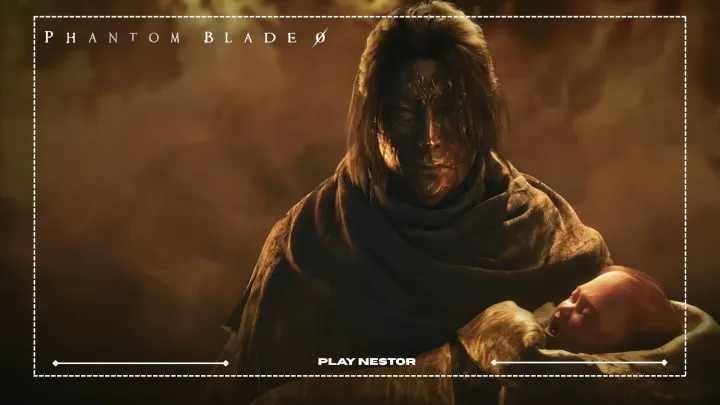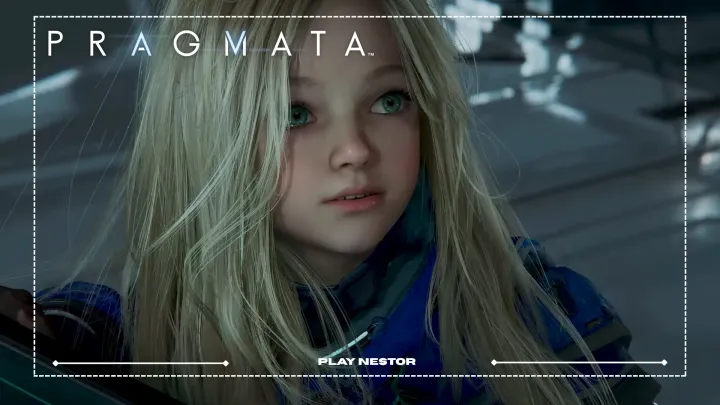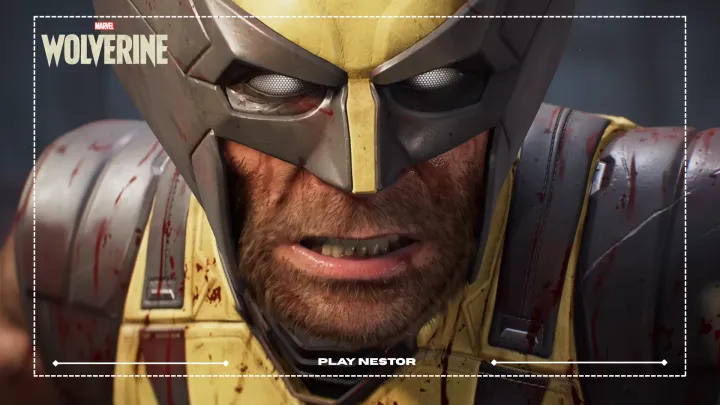The Last Caretaker Review – A Haunting Tale of Isolation, Survival, and Secrets

You know that initial instant when a game grabs you, not because it’s in your face with its combat, or how everything looks like a Michael Bay action movie, but instead through its stillness, through the air of something being off?
That’s exactly how The Last Caretaker introduces itself to you.
Even on the surface, I didn’t anticipate this game to be this gut-wrenching. Superficially, it seems to be yet another atmospheric, exploration-based survival-horror affair. But here’s the thing: The deeper you go, the more it becomes obvious that The Last Caretaker is constructed around a series of subtle psychological design principles — where every shadow counts, every sound matters, and even silence plays an important role.
And the truth is, that’s what makes it jump out in a densely populated genre
Release Date and Platform
- PC release date (Early Access on Windows via Steam & Epic Games Store) - 6 November 20205.
Available on launch: Windows PC (Steam & Epic) only.
Console edition (PlayStation 5, Xbox Series X/S) will follow later (2026 or beyond), but is no fixed date.
Why “The Last Caretaker” Is Already A Hit With Horror & Mystery Enthusiasts
As they do, most players should assume The Last Caretaker is simply another walking-simulator-style frightfest. But what struck me is how the device elegantly mixes:
- Survival mechanics
- Environmental storytelling
- Mystery investigation
- Light resource management
- Psychological tension
Set in a lonely outpost — half research station, half forgotten bunker — after the previous caretaker vanishes under curious circumstances, the game is Fallout-inspired without doing very much with that inspiration. Your job? Keep the place running. But as you delve deeper, you find that it’s not just a question of maintaining the facility … or even one of breaking out and escaping from it: You are in fact unwinding a sinister secret decades old which your predecessor failed to carry beyond its boundaries.
I still can't quite shake the top-layer doubt: is The Last Caretaker actually any good? Or is it yet another atmospheric but otherwise shallow survival game?
Let’s dive in.
Story & Setting – Peaceful, Desolate Isolation At Its Best
The slow-burn mystery is what I find most captivating.
You come as a substitute care-taker to take charge of the absent care-taker you are at an isolated complex, made for studying meteoritical affecting environmental patterns. Or so you’re told. The deeper narrative reveals:
- Hidden rooms
- Abandoned experiments
- Unusual radio signals
- A locked-off sector nobody talks about
The first thing I noticed was how the game leverages isolation as a storytelling device. There’s no unnecessary exposition. No over-explained lore dumps. You discover the world through scattered notes, malfunctioning logs and the uncanny residue of the caretaker before you.
What really stands out is:
The world feels lived-in, not simply “placed.”
The game rewards meticulousness, not speed.
Every lead points to another question, not an answer.
And, to its credit, the storytelling skews more toward “mystery thriller” than outright horror — somewhere between Firewatch, SOMA and Anatomy rather than Amnesia.
Gameplay & Core Mechanics – Plodding, Slow, and Closterphobic by Design
Exploration
The facility is semi-open, with branching sections you unlock as the story progresses.
Maintenance Tasks
You manage core systems:
- Oxygen
- Power
- Heat
- Communication towers
- Surveillance feeds
These aren’t mini-games—they’re narrative triggers.
Light Survival Elements
You’re not constantly starving or dying of thirst, but you must manage:
- Toolkit usage
- Power allocation
- Repairs under pressure
Psychological Tension (Not Jumpscare Horror)
The tension builds from:
- Distant noises
- Lights flickering
- Glimpses of movement behind glass panels
- Unexplained malfunctions
Meanwhile, the game doesn’t forget the other foot in reality. You are never pressed, but you are never wholly secure.
In actual fact, it might even be too slow for a certain kind of action game fan.
- If you enjoy atmospheric horror, also read my Tormented Souls 2 Review
- For more sci-fi tension, check out The Outer Worlds 2 Preview
- Fans of survival gameplay might like: 2XKO Full Preview
Looks & Mood – Clean, Moody Down To Earth In a retro exposed-brick building
What’s truly remarkable is how the visuals don’t even attempt to be hyper-realistic. Instead, they rely on:
- Cold lighting
- Industrial corridors
- A muted color palette
- Environmental decay
Here’s what’s so amusing: the game feels more real because it is not trying to wow with ultra-HD spectacle. Instead, the design pushes into psychological discomfort.
The result?
A world lonesome, injurious and alive.
Audio design The most uncredited strength
Let’s be honest: this is the best thing about Apprentice.
From:
- Humming electrical units
- Distant metallic echoes
- Uneven breathing
- Broken radio frequencies
- Environmental creaks
…the soundscape does 80% of the horror heavy lifting.
I actually stopped for a second when I heard something walking down a hallway behind me — only there was, according to the logs, no way that would be sealed up in another section of the building going back 14 years.
That’s the sort of understated horror this game nails.

Developer Vision & Philosophy (Non-Quoted Insight)
The devs of The Last Caretaker clearly wanted a game where:
- The world tells the story
- The player pieces things together
- The player pieces things together
Horror is what you allude to, not what you present.
People this is a word rarely seen studios try to pull off anymore specially in today’s overrated and clichéd horror where 5 seconds of silence means blaring noise or running at the camera on command.
Maybe it’s just me, but I like a game that respects the player’s intelligence.
What Players on Forums are Saying / Asking about
The common discussions across Reddit, Steam forums and discussion boards are as follows:
Is there a monster or threat? Not in the traditional sense. The threat is environmental and psychological.
Is it open-world? No, but it’s hub-based with multi-zone progression.
Is it like Amnesia? Atmospherically yes, mechanically no.
Is there replay value? Yes—mostly through different exploration paths and missed clues.
System Requirements (Tentative and Subject to Change)
Minimum:
- OS: Windows 10
- Processor: Intel i5-6600K / Ryzen 5 1400
- RAM: 8 GB
- GPU: GTX 1050 Ti / RX 560
- Storage: ~20 GB
Recommended:
- OS: Windows 10/11
- Processor: Intel i7-8700 / Ryzen 5 3600
- RAM: 16 GB
- GPU: GTX 1660 Super / RX 5800
- Storage: SSD recommended
The game isn’t performance-heavy due to its minimalist design.
Pros & Cons
Pros
- Deep atmospheric storytelling
- Strong sound design
- Engaging mystery
- Immersive environmental detail
- No forced jumpscares
- Slow-burn suspense
- Excellent for lore hunters
Cons
- Slow pacing may not suit everyone
- Lack of traditional enemies can feel empty to some
- Navigation can feel repetitive
- Requires patience and observation
So, What Did I Think? My Personal Verdict – Hyped or Not?
Me, I think The Last Caretaker has the makings of a cult classic — especially so for fans who appreciate slow-burn, atmospheric horror.
My overarching takeaway is that it’s a game that respects your curiosity. It drives you to go out, listen and interpret.
But I do have one niggling worry:
Players who come in expecting fast-paced scares could bounce off early.
But for fans of slow psychological mystery?
This game is the right balance.
FAQs About The Last Caretaker
1. Is The Last Caretaker a horror game?
Yes, but it’s more psychological and atmospheric and not as packed with jumpscares.
2. Is there combat?
No traditional combat. It is an environmental threat and a narrative one.
3. How long is the game?
It takes average players 6-10 hours to finish it with some exploring.
4. Is the game open world?
Not exactly, but it does have semi-open hubs.
5. Does it have replay value?
Yes — alternate routes, lore findings, hidden logs.
6. Is it beginner-friendly?
Yes. It’s leisurely with more emphasis on exploration than difficulty.
Conclusion – To Play Or Not To Play The Last Caretaker?
If you dig slower burn thrillers, a dreamy atmosphere and exploration based horror then The Last Caretaker is certainly worth your time.
It’s not out to spook you with trashy gimmicks. It’s attempting to ensnare you in its world — quietly, patiently and successfully.
And honestly? You don’t get games like this very often.

What would you like me to cover next?
Your suggestions shape the future articles.





Comments ()